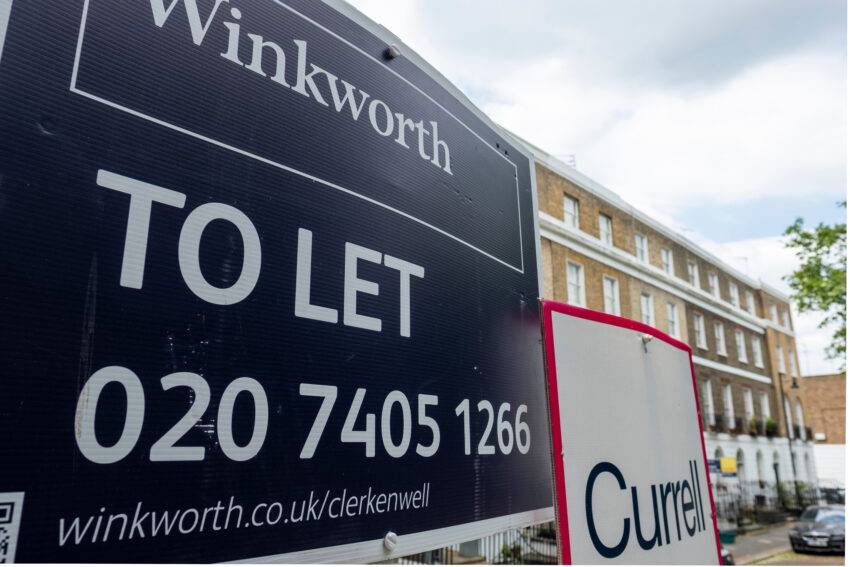The UK’s rental market is facing a severe crisis, with an average of 21 prospective tenants competing for each available property, as the number of homes to rent continues to shrink.
According to Zoopla, a leading property search platform, the availability of rental homes is now 24% lower than before the pandemic, driven by landlords’ reluctance to enter or expand within the market.
Rents across the UK have surged by 30% over the past three years, and while the pace of rental inflation has slowed to 5.4% annually, this still outstrips the 5.1% growth in average earnings over the past year. As of July, the average national rent reached a record high of £1,245 per month, £63 more than a year ago.
Richard Donnell, Executive Director at Zoopla, cautioned that further regulatory or tax changes in the forthcoming budget could exacerbate the current supply crisis. “Any new policy or tax changes that result in a reduction in supply will simply push rents higher, hitting low-income renters hardest,” he warned. Donnell urged policymakers to focus on increasing the supply of rental homes as the key to slowing rental inflation and expanding tenant choices. “As things stand, the growing unaffordability of renting is the only route to slower increases in rents,” he added.
Despite a slight increase in supply from the lows seen during the pandemic, the market remains highly competitive, with demand still far outstripping availability. The average number of would-be tenants per rental property has doubled since before the pandemic.
Since 2016, there has been a steady stream of landlords exiting the market, a trend compounded by the lack of new landlords willing to enter the sector. This exodus has been influenced by various regulatory and tax changes, which have made property rental less attractive to investors.
In response to high rents in major cities, many tenants are seeking more affordable options in smaller towns and suburban areas. Over the past year, towns like Kilmarnock, Wolverhampton, and Oldham have seen double-digit rent increases as renters look beyond the traditional urban centres. Conversely, rent increases in major cities have slowed, with a 5.8% rise year-on-year, and London rents growing by only 2.5% over the same period. “Rental inflation is slowing in some major cities where rents are high but they are still increasing quickly in more affordable areas,” noted Donnell.
The unaffordability of home ownership, particularly in southern England, is pushing more people into the rental market, further exacerbating the supply-demand imbalance. Zoopla anticipates that this imbalance will persist until at least 2025, with no significant improvement in rental supply expected in the near term.
The ongoing crisis highlights the urgent need for government intervention to address the underlying issues in the rental market, including incentivising new rental properties and reversing the decline in landlord participation. Without such measures, the pressure on renters is likely to continue, with rising costs and limited housing options becoming the norm for many across the UK.


